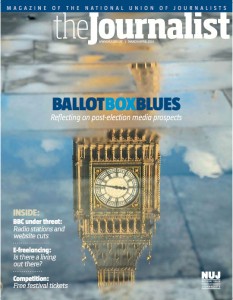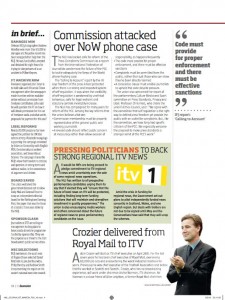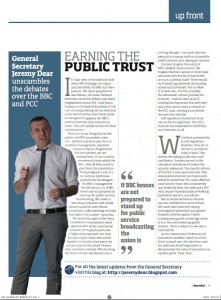The Miami Herald site has seen a 25 per cent increase in visitors as a direct result of using video – making movies the second biggest driver behind its stories.
And it claims part of its success is down to getting rid of reporters and replacing them with videographers.
Visual journalist Chuck Fadely, interviewed on Poynter.org, says having a designated video team frees up reporters to get on with writing and improves the quality of the video output:
Three or four years ago we were training reporters, but we discovered it was like teaching a pig to sing; it annoys the pig and frustrates the teacher. Back then we had a couple of reporters who got it. Since the staff reductions they don’t have time to work on videos, and the quality level was lower, so we’ve basically given up on reporter-produced videos.
While many news sites dismissed video as ineffectual and expensive, the Herald decided to use it to consolidate popular subject areas, increase the time people spent on the site and engage them in new ways.
After showing video for six years it found that sport and breaking news attracted the most viewings, so it concentrated on these areas rather than experimenting. It also started partnering with TV stations to expand its brand.



![Reblog this post [with Zemanta]](https://img.zemanta.com/reblog_e.png?x-id=0cedec53-0b35-4677-aa2c-64427415cc4a)